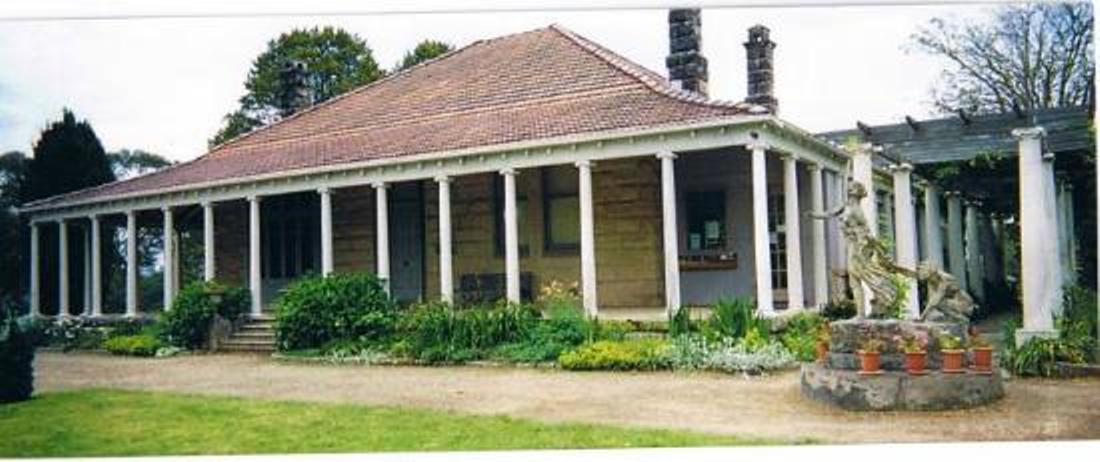EMU PLAINS
While there are no emus to be seen today, history tells us that emus once roamed the area, hence the name Emu Plains. Emu Plains is the first town on the western side of the Nepean River located at the foot of the Blue Mountains and is part of the City of Penrith. Emu Plains has its own loyal community. While it is officially part of the Penrith Valley region, some locals consider Emu Plains and Emu Heights as part of the Blue Mountains.
Emu Plains is the end of the line for suburban trains and is generally the first or last passenger set down and pick up point for peak hour Blue Mountains trains. Emu Plains offers a variety of shopping including the Lennox Community Shopping Centre.
The town also features a swimming centre, tennis court and Dukes Oval at Emu Park along the Great Western Highway.
You can also relax with a picnic along the banks of the Nepean River.
Starting at Emu Plains on the 18th July 1814, William Cox commenced construction of the first road across the Blue Mountains. The Emu Plains village was developed as a stop-over for travellers. The Arms of Australia Inn was established in 1833.
The Inn is now an historical museum administered by the Nepean District Historical Society which is open to the public for a small fee on Sundays from 1pm - 5pm.
Take a drive down River Road and you will come across the Lewers Gallery open to the public.
Along the Great Western Highway, on the corner of Russell Street you will also find the original Emu Plains Post Office, also known as Dukes Cottage.
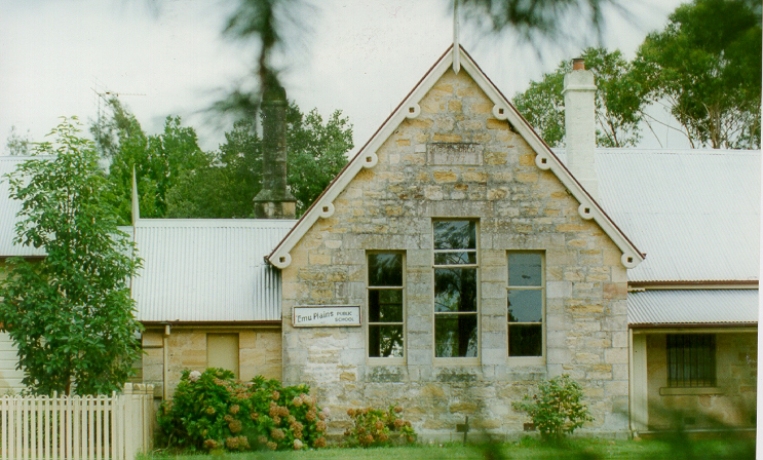
Emu Heights is situated in the foothills of the Greater Blue Mountains World Heritage Area. It is away from the hustle and bustle of the city, close to the Nepean River and is surrounded by natural beauty, bush walks and mountain tracks. White water rafting and the Regatta Centre can be found close by.
Emu Heights has its own primary school, community centre and also features Clissold Reserve.
Chistmas is a special time in Emu Heights as residents compete with one another for the best lit street!
The township is 2.5 kms from Penrith CBD, 45 minutes to Katoomba and 55 minutes to Sydney. There is a bus service available with pickup from the railway station.
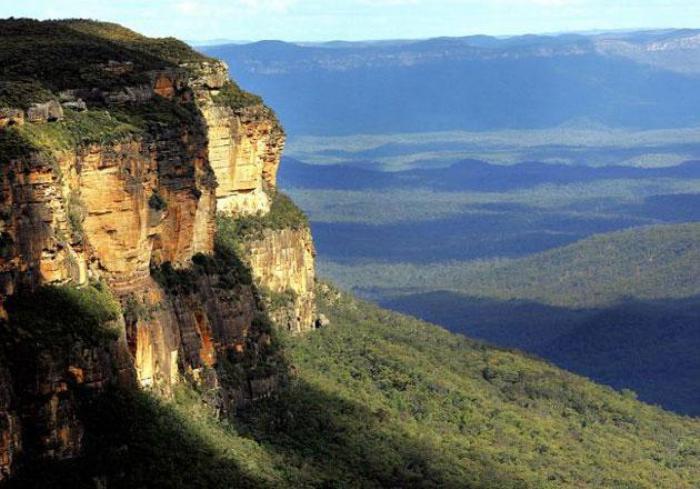
Faulconbridge offers many attractions including Sir Henry Parkes Grave, The Prime Ministers’ Corridor of Oaks and Norman Lindsay’s Gallery.
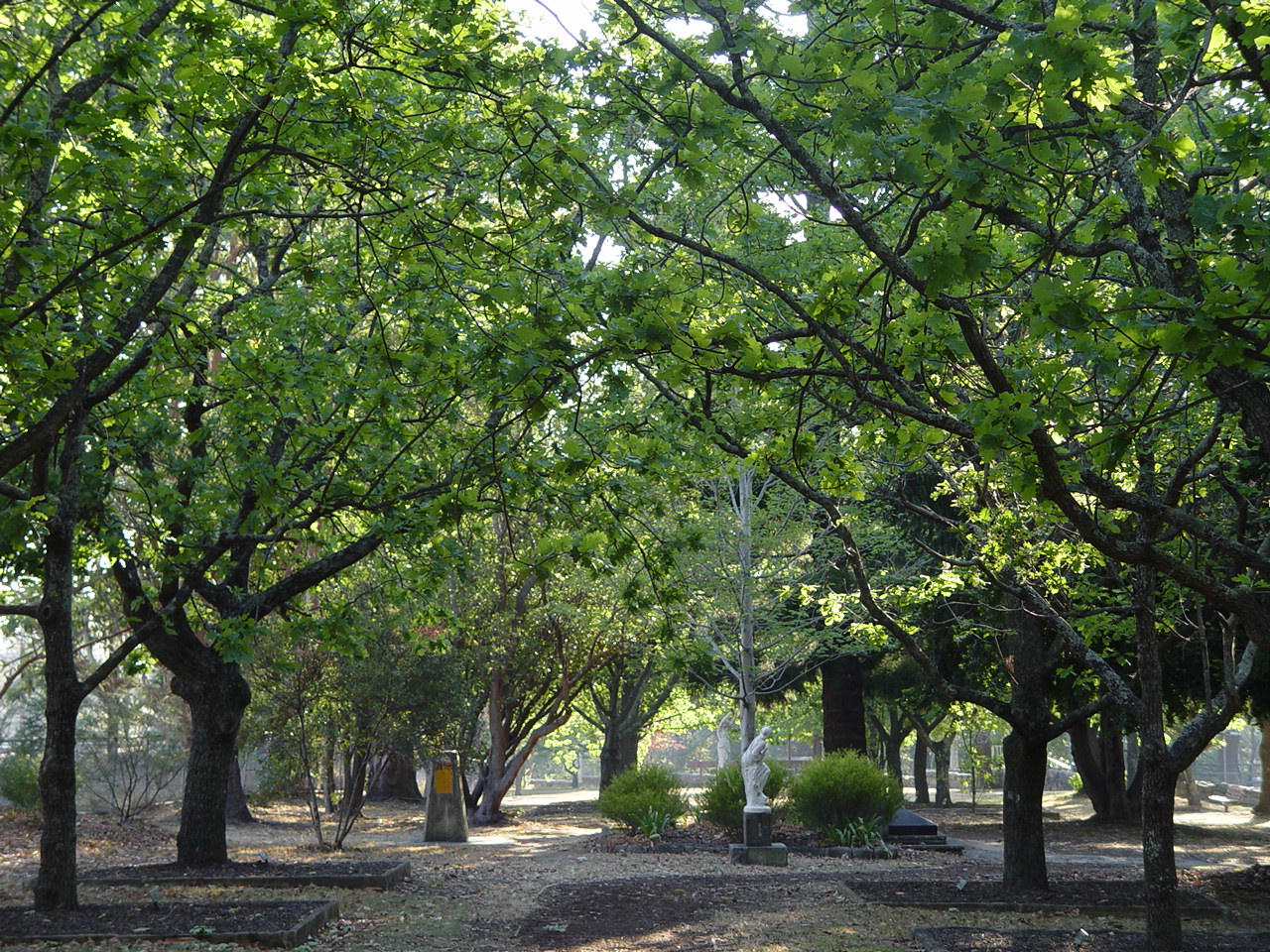
In 1877, Sir Henry Parkes purchased 600 acres of land. Faulconbridge was named by Sir Henry Parkes after his mother, whose maiden name was Faulconbridge.
Sir Henry Parkes was buried in Faulconbridge not far from Faulconbridge station where his grave can be seen today. Sir Henry Parkes notable achievement was the Federation of Australia.
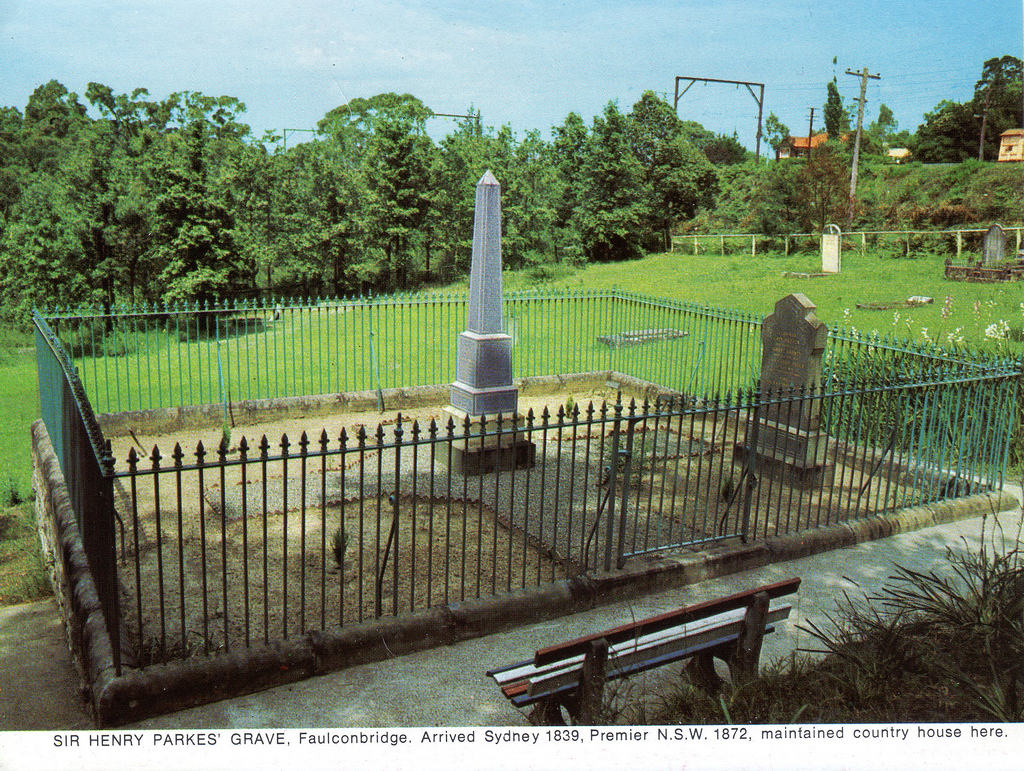
It was just after Federation that a Prime Ministerial tradition started. Many Australian Prime Minister, or a family representative, has the honour of planting an oak tree in the beautiful Corridor of Oaks at Faulconbridge.
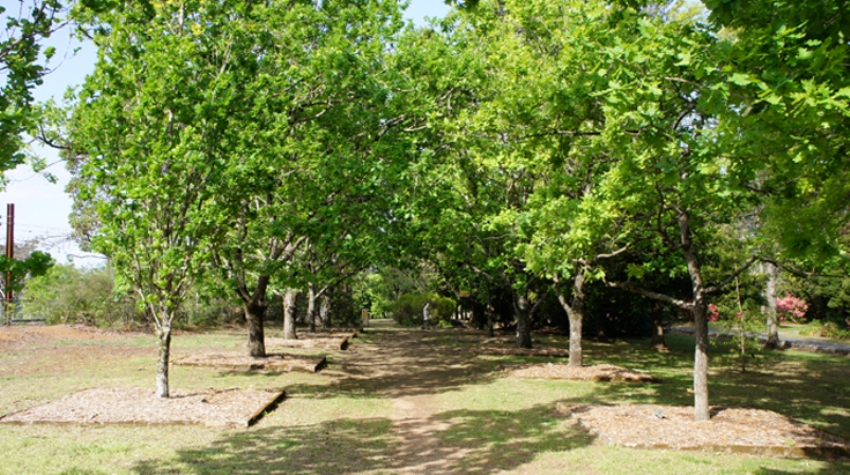
Across the road from the avenue of trees is Jackson Park, an ideal location for a family picnic featuring a play area for the children. There is also a large open area close by for those who wish to have a game of cricket or perhaps fly a kite.
From Jackson Park you can enter Sassafras Gully via the Victoria Walking Track which will take you to Clarinda Falls. Other parks on the opposite side of the railway line include Browett Park not far from the station down Home Street; Ticehurst Park further west located off Bellevue Road, and Chalmers Memorial Park closer to the highway. A major sporting ground for athletics is Tom Hunter Park. To get to Tom Hunter Park, turn at the traffic lights at Grose Road, then take Chapman Parade and follow the signs to Tom Hunter.
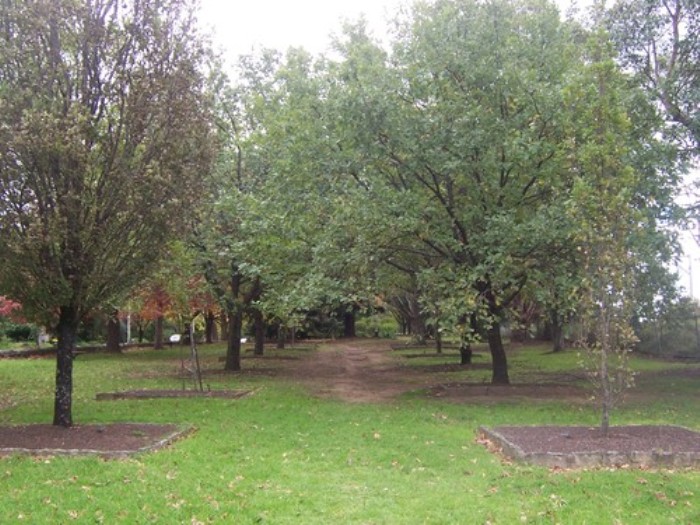
Further down Chapman Parade you will find the famous Norman Lindsay Gallery. Norman Lindsay (1879-1969) was a well known character within the Springwood / Faulconbridge area. He was an artist who dared to be different with his paintings and sculptures of naked women.
He was also famous for his classic children’s book ‘The Magic Pudding’. Norman Lindsay made such an impact in the town of Faulconbridge that new streets developed around the gallery took on the names of the some of his created characters such as Watkin Wombat Way, Bunyip Blue Gum Road and Bill Barnacle Avenue (just to name a few).
Norman Lindsay also had a love for model ships which can be seen within the Gallery.
Faulconbridge also has a local primary school. Surprisingly enough Springwood High School is actually located in Faulconbridge.
One of Faulconbridge's hidden treasures is Faulconbridge Point offering one of the most stunning secluded lookouts in the Blue Mountains region overlooking the Grose River and across the valley to Bilpin and Mount Tomah. The 6km fire trail out to the Point is one of the best mountain bike trails in the Blue Mountains. Please take care however, as unlike the popular tourist spots there are no fences as you approach the cliff face at Faulconbride Point.
